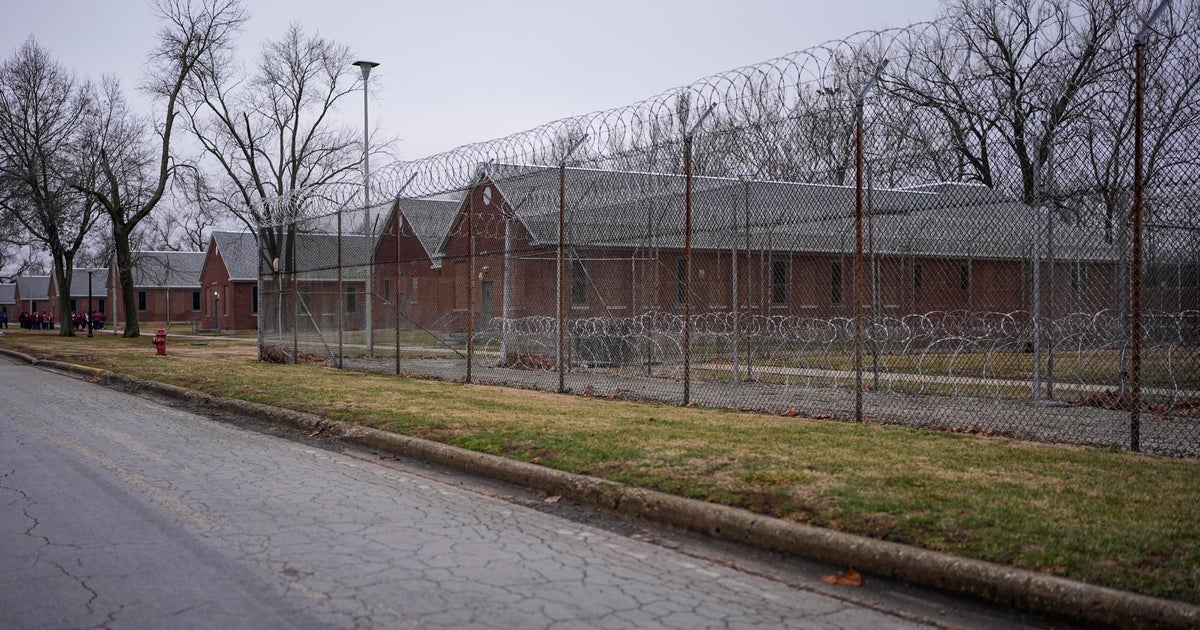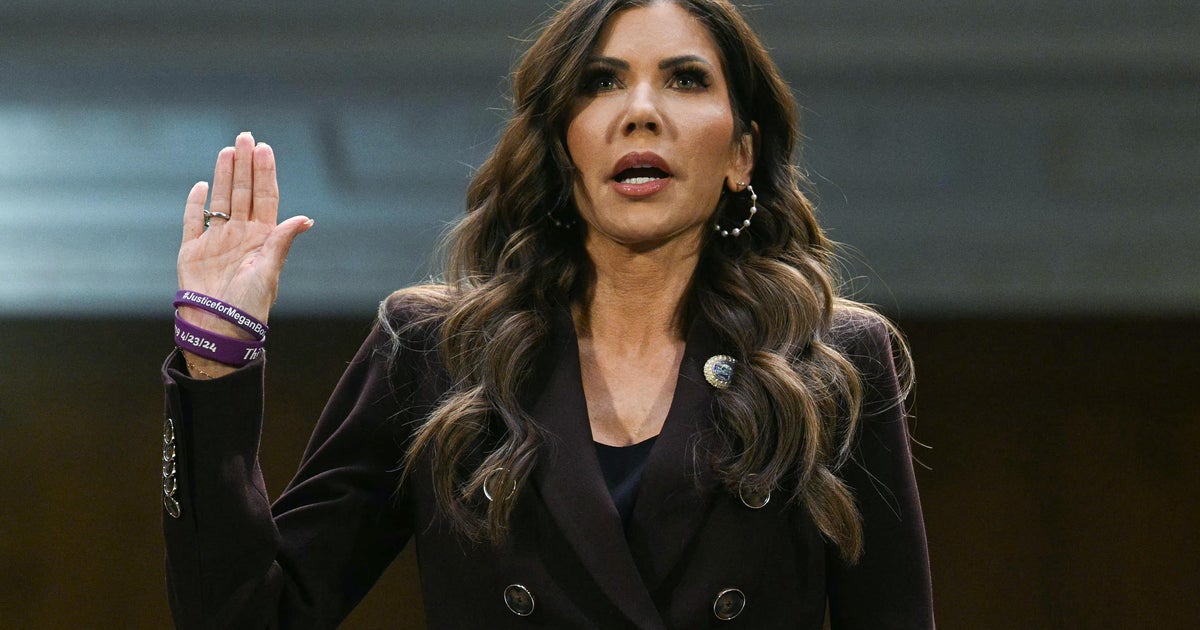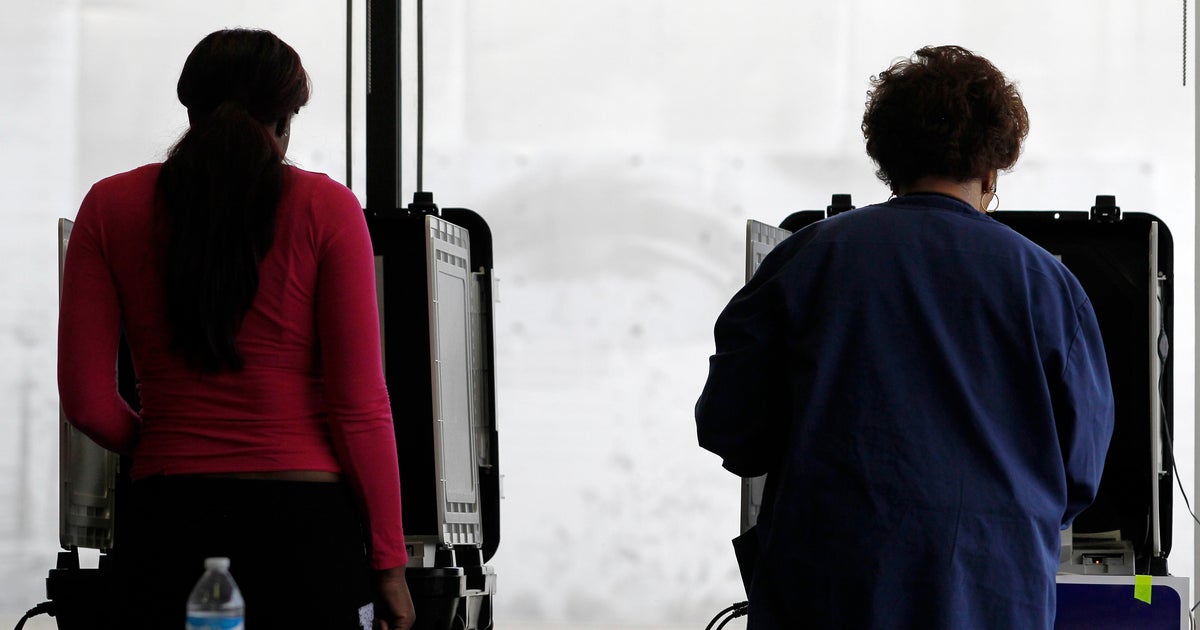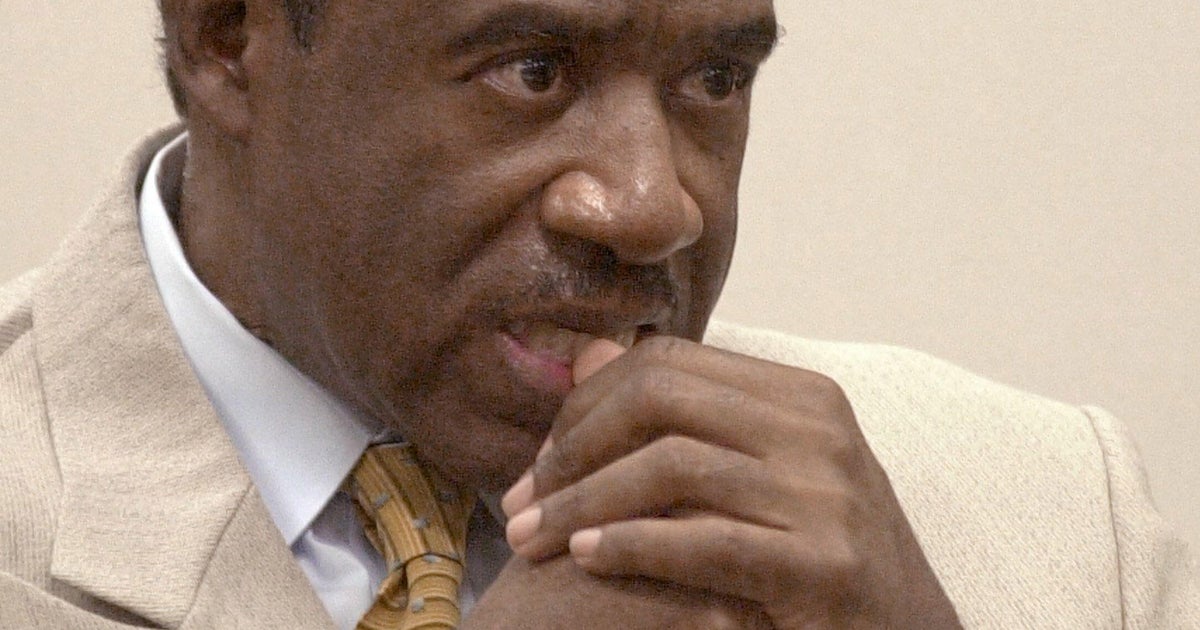Bill Would Stop Shackling Of Pregnant Inmates
ANNAPOLIS, Md. (AP) -- Some of Maryland's local jails still shackle female inmates as they're giving birth--a harmful and unnecessary practice, women's advocates say.
The state has already banned the practice for most circumstances in its prisons, but this doesn't apply to jails, which hold inmates still awaiting trial. And since it's only a department policy, it could change with a decision from corrections leaders.
Del. Mary Washington, a Baltimore Democrat, has introduced a bill to clarify the rules and make them uniform across all jails and prisons. She brought advocates to testify before the House Judiciary Committee on Tuesday.
Jodi Protokowicz, an obstetrical nurse practitioner representing the Maryland Nurses Association, told lawmakers there's almost no risk of women running away during labor or recovery. In addition to the tight security of hospital delivery units, most patients take epidurals, which numb them from the waist down.
"Labor is an incredibly painful process," she said.
Meanwhile, handcuffs and waist chains make it hard for women to change positions on their beds, or for nurses to move them in emergencies, Protokowicz said. This can endanger both mother and infant.
Leigh Goodmark, a University of Maryland law professor, said there's currently no way to measure how often pregnant inmates are being shackled or where--though some hospital staff have reported seeing it. She believes this would change if the state made it illegal: Nurses would report it more often, just as they have in other states that have prohibited shackling.
The American Civil Liberties Union reports that 18 other states have adopted such laws.
Jacqui Robarge, founder of the Baltimore organization Power Inside, said women who were shackled during labor have shown signs of "lasting trauma," similar to the effects of sexual assault. Robarge's organization serves women and girls who have suffered from gender-related violence.
Washington promoted a similar bill last year, but it never received a House vote. She said the new version has clearer language and delineates the responsibilities of hospital staff and corrections staff.
The bill says jails and prisons can only shackle a pregnant woman if managers decide it's necessary in her specific case. It bans all shackling during labor and delivery, and it says guards must remove the shackles if a doctor or nurse requests it.
However, the warden of one local jail warned legislators Tuesday that the bill's restrictions are too broad.
Capt. Michael Merican, warden of the St. Mary's County Detention Center, said it would be absurd to shackle a woman during labor. But he said jail staff need freedom to restrain pregnant inmates in certain other circumstances.
To illustrate, he told lawmakers about a recent inmate pregnant with twins, who tried to kill the fetuses by punching her stomach and throwing herself against the walls. Ultimately one of her children was stillborn, Merican said.
He added that most jails lack medical wards and need to transport inmates more often.
Merican doesn't necessarily oppose the bill in spirit, but he said it needs better provisions for these extreme cases.
(Copyright 2013 by The Associated Press. All Rights Reserved.)







